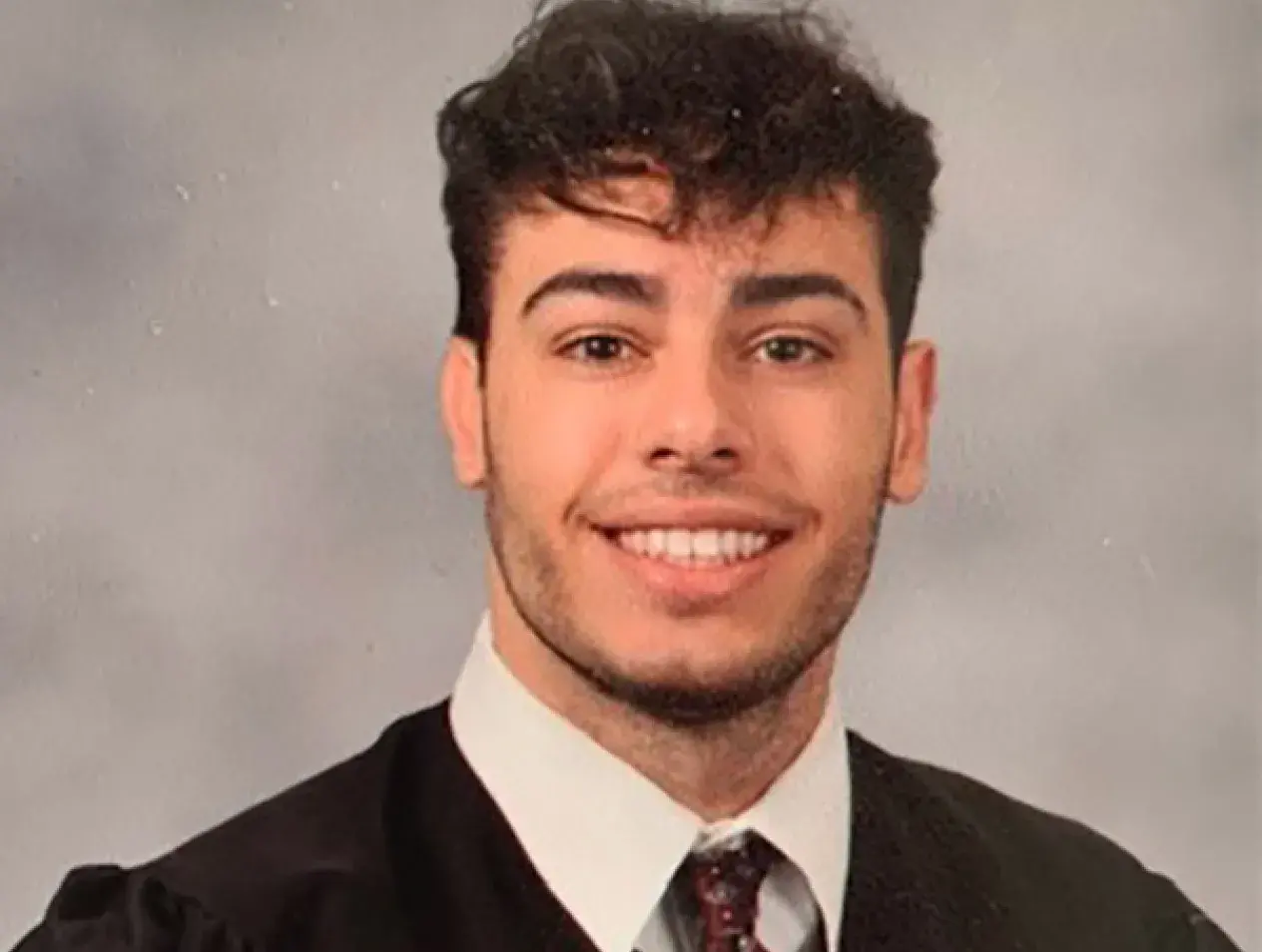
Paul Kalcic
Paul Kacic believes research is key to helping physical therapists use the most effective interventions.
Paul Kalcic is in his first year in the Doctor of Physical Therapy Program in Phoenix, and he says his research experience at Creighton plays an important part in his future plans.
Kalcic believes research is key to helping physical therapists use the most effective interventions. We recently asked him a few questions about his research experience at Creighton.
What kind of research are you doing or have you done?
I was given the opportunity to work as a research assistant with two of my professors on a qualitative research project titled, “Perspectives on Healthcare Access and Equity of People with Parkinson’s Disease identifying as LGBTQ+.” This research focuses on understanding the healthcare perspectives at the cross-section of two small populations of people: LGBTQ+ individuals and individuals with Parkinson’s disease. The results are obtained through carefully designed interviews conducted by the faculty running the study. We hope the themes drawn from these interviews will provide all types of healthcare clinicians constructive ideas on how to improve care when interacting with and treating these populations.
Why is research important to you?
On a large scale, research is the best scientific way to ensure that the new interventions and technological advancements put into place in the field of healthcare are safe and effective. On the smaller scale of physical therapy, research is important to me because it is used every day in every healthcare setting. Research ensures we are using the most effective and efficient interventions to rehabilitate our client’s mobility, pain and strength back to prior levels of function.
During my hours shadowing PTs prior to PT school, I would commonly observe both physicians and PTs communicating with one another about the latest research or browsing certain journals for effective interventions for patients with a trickier diagnosis, so I know that being able to quickly analyze the difference between well-crafted and poor research will be essential when I become a clinician.
What are your plans after graduating?
Currently, my plan after I obtain my DPT degree and pass my regional board exams is to become an outpatient orthopedic or neurologic physical therapist for a couple years before applying to get a PhD in biomechanics. Once I obtain my PhD, I would like to go into teaching at a DPT program as well as conducting research in biomechanics/kinesiology.
How will your research experience help you reach your goals?
Since I want to make a career out of research, I believe that this experience, and other research experiences I hope to obtain in the future, are vital in helping me formulate the proper methods of conducting research. I am lucky to be working with two professors who are experienced in the field of research and have conducted plenty of studies in the past, as they are teaching me the steps it takes to conduct quality research. I will take this valuable knowledge I gained from my professors on the proper methodology and techniques with research and apply it towards my own future research in my PhD program and beyond.
Would you recommend research to incoming students?
Yes, I think every student aspiring to work in healthcare should take any opportunity they can get to be involved in research. Even if the student has no plans to go into research post-school, taking part in research is the best way to learn how to dissect and analyze research articles and journals efficiently, which is a skill every student and healthcare worker will undoubtedly need during their career.


